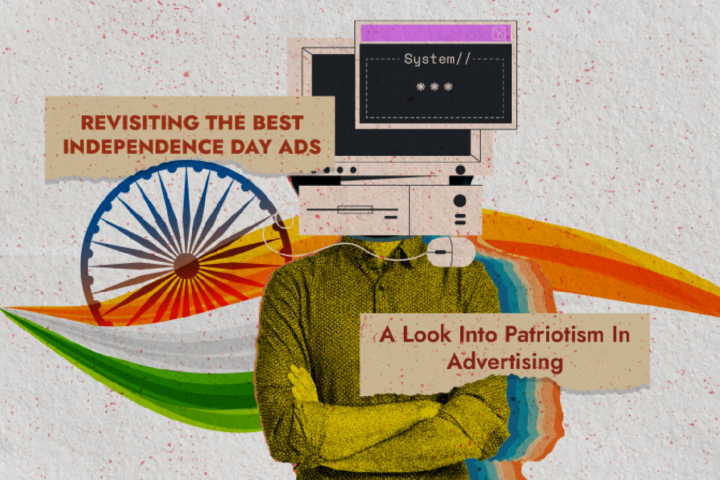Reverse psychology is a communication tactic that, if done right, does hold the power to achieve the desired result for the doer. Strategic self-anti conformity is seemingly so effective because it takes advantage of human nature: reactance.
Reverse psychology aims at the fault lines of a person; i.e., threatening their sense of freedom in an indirect way. When a perceived threat is received, the person is inclined to do what the doer was telling them not to do and thus will do what the doer actually wanted to be done. There exists a simpler word in the English dictionary word for it: manipulation.
Sometimes it can be indirect. So indirect that the person implementing reverse psychology may not even be aware that they are doing so. In rare instances of extreme politeness; a product of benign nature and the recipient being unaware of the fullest extent of the other’s nature; might subconsciously perceive the niceness as a threat.
Reverse psychology isn’t in any way limited to marketing; but, for the sake of examples, let’s look at some.
A cliched Diwali ad?
Diwali may have passed but this ad makes a good example and hence has been featured.
DIZO made an ad covering all aspects of what makes a cliched Diwali ad. They can be applauded for covering all details of what would make a Diwali ad pretty standard. Though, it is hard to tell if DIZO’s ad in itself was made out of laziness or out of clear intentions of making a cliched Diwali ad.
They accept at the end of the ad that their ad in a way was also cliched by pretending to be a video about cliched Diwali ads. But the title cheekily pretends that it is not. Maybe the manipulation lies in the fact that it has made us even think whether this is cliched or not. And, either way, in processing whether this is a genius idea or not; DIZO has managed to gain a spot in the thought process and the aim of marketing is complete.
Is manipulation ever, right?
The word manipulation has negative implications assigned to it. By definition, it means using devious means to exploit, control, or otherwise influence others to one’s advantage. No wonder we picture a big bad person doing wrong to the small innocent kind. However, influence can be made on someone without gaining an unfair advantage. A better counterpart for manipulation could also be implemented; if intended.
Peloton made an ad in 2019 that wasn’t received well. Ryan Reynolds in response made an ad with the lady who had apparently been wronged.
Titled “The Gift That Doesn’t Give Back”, the wife is sitting in a bar with her friends, traumatised and humiliated; and divorced now.
“You look great by the way.” The friend’s exclamation is subtle though a very clear reminder of Peloton’s ad.
Cred
Cred ads are known for their humour and wit. The one in discussion is the one featuring Kapil Dev. In general, the “Great for the good” ads could be summarised like so: Jim Sarbh is made to say an opening monologue and what follows next is the opposite of whatever his monologue ended with.
The change in narrative is the influential factor for Cred. The featured actors doing the opposite reinforces the idea that whatever crazy, dramatic Cred is putting forth, is in fact, true.
Unreliability in its overuse
Reverse psychology is very effective, but its effectiveness also lies in its subtlety. If the persuasion comes across as too strong; it is ineffective.
Acko Insurance’s new ad also tries to use reverse psychology to on its new target audience. The exaggerated theatrics make it hilarious but the advertising is painfully obvious to be perceived as anything other than what they might have intended it to be.
YouTube and Instagram, at the time of writing this, still provide an illusion of choice by allowing an option to see an ad. Advertisers must be aware of the audience displeasure and undesirableness to see an advertisement. Thus, someone must have had a bright idea of turning the ad into a game. Unfortunately, it is too on-the-nose to classify as a good example for reverse psychology.
In the end, the effectiveness of reverse psychology relies on the manipulative powers of a person. But whether the powers are being used in a good or bad way is entirely a reflection of their nature.




